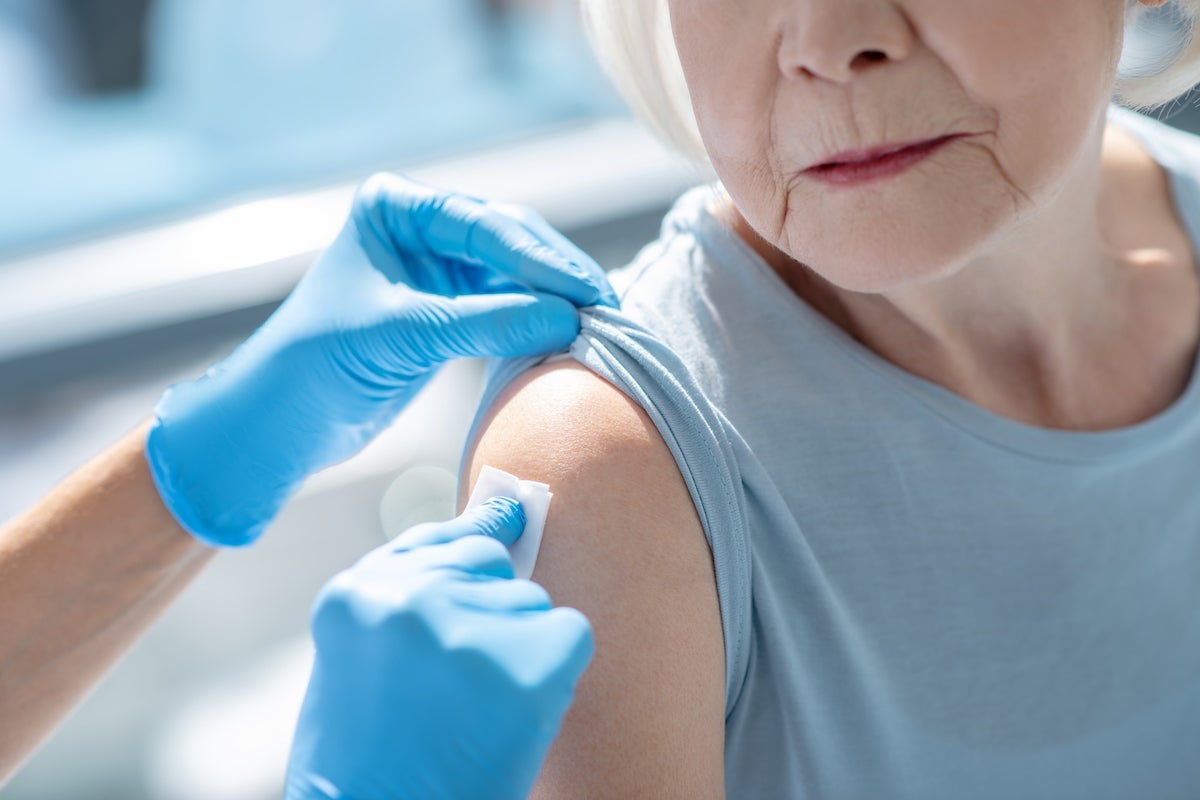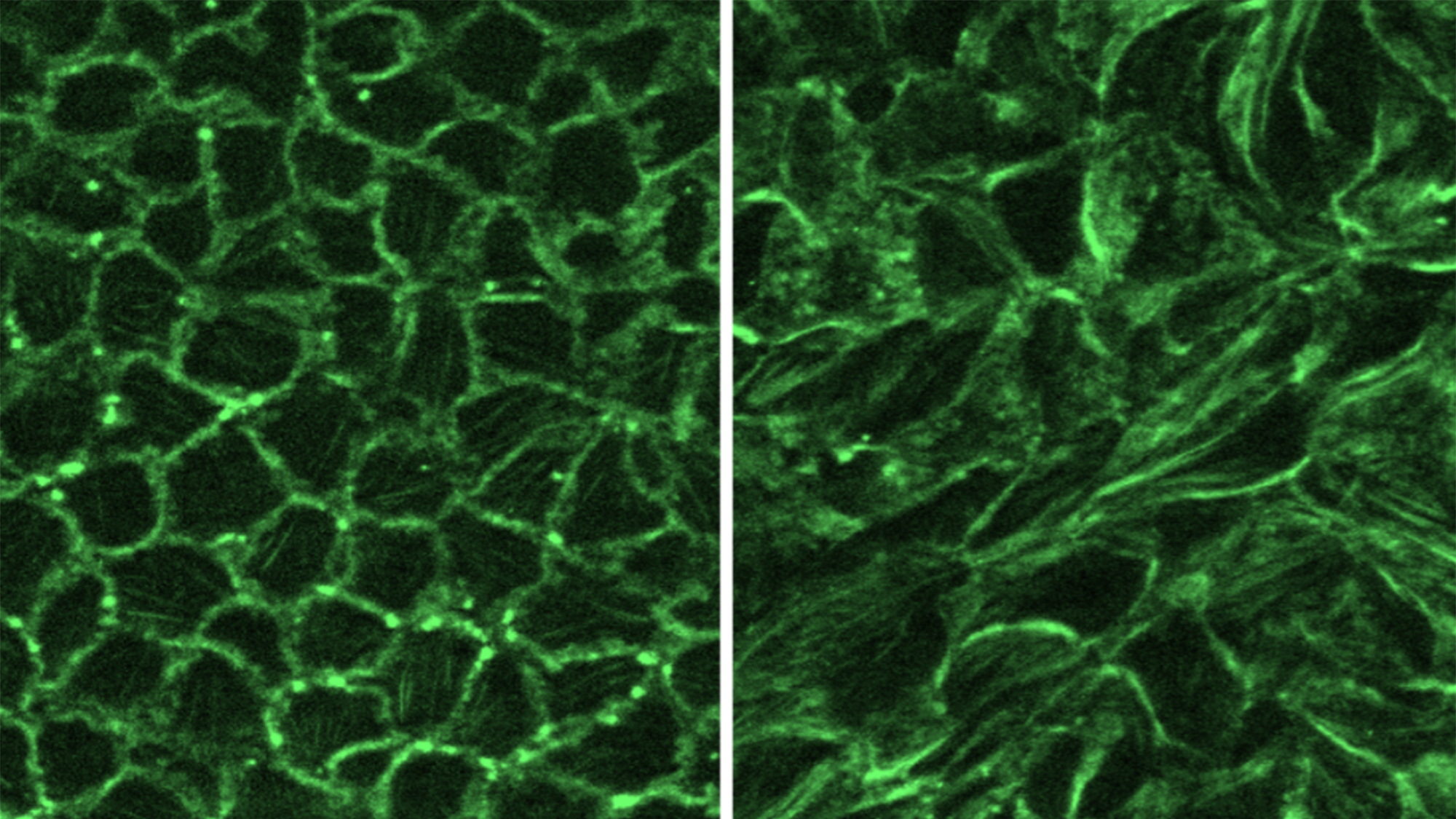Reducing RSV risk in older adults

October 10, 2024 – Respiratory syncytial virus (RSV) is a common virus that typically causes cold-like symptoms, but can lead to severe disease in older adults, particularly those over the age of 75—so getting the RSV vaccine is important to prevent infection, according to Kizzmekia Corbett-Helaire, assistant professor of immunology and infectious diseases at Harvard T.H. Chan School of Public Health.
In an October 3 WebMD podcast, Corbett-Helaire explained that while RSV may be commonly known to affect young children, it also poses an increased risk of severe illness and hospitalization to older people—especially groups with chronic conditions such as diabetes or heart disease.
“The most important thing to remember around prevention of disease, especially severe disease, is that vaccines are, all in all, the most valuable tool towards prevention,” said Corbett-Helaire, who made significant contributions to the development of mRNA vaccines used during the COVID-19 pandemic.
She noted that, during vaccine development, vaccines are generally considered good if they are 50%–60% effective in preventing severe infection. So far, studies have shown RSV vaccines to be 80–90% effective. Such levels of protection are “astonishing and it means that the vaccines are really good,” Corbett-Helaire said, noting that one shot appears to provide a high rate of protection for about two years.
Listen to the WebMD podcast or read the transcript: Understanding RSV in Older Adults: Risks, Symptoms, and Prevention
– Jay Lau
Photo: iStock/Zinkevych


